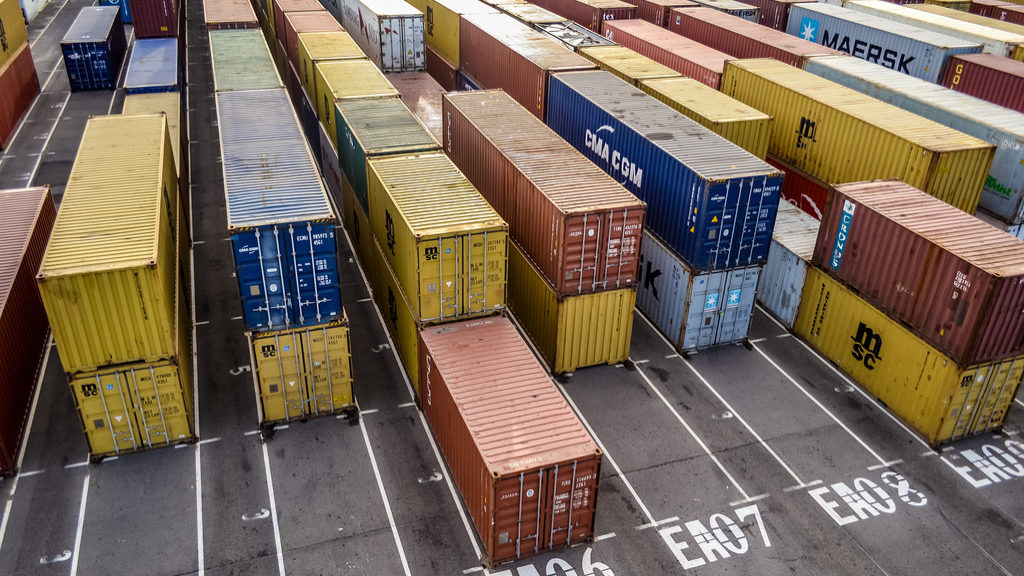The country ‘will get worse before it starts to improve’ – Costa Silva
Portugal's government consultant said that the recovery of the economy will be slow and that the situation in the country due to the Covid-19 pandemic.
Portugal’s government consultant António Costa Silva on Tuesday said that the recovery of the economy will be slow and that the situation in the country due to the Covid-19 pandemic will get even worse before it starts to improve.
Costa Silva spoke at the Calouste Gulbenkian Foundation in Lisbon during the public consultation session of the “Strategic Vision for the 2020/2030 Recovery Plan”, a document drawn up at the request of the government, with the priorities for getting out of the crisis.
“All our problems and constraints come to the fore in this crisis: decapitalised companies, high public debt which in itself inhibits growth, the limitations of our productive structure, the decline in investment, low productivity and therefore it is very important to face the crisis from all these perspectives and to bear in mind that the recovery will be slow,” said the university professor.
“We are going to go into further decline before there is growth, we are going to get worse before we start to improve,” stressed Costa Silva, arguing that the country needs to use all its assets to preserve its productive capacity.
The pandemic crisis is on the tip of the iceberg, but down below is the very serious environmental and climate crisis, he said.
The initial document, called “Strategic Vision for the 2020/2030 Recovery Plan”, was presented on 21 July. It was in a public consultation in August and receiving 1,153 proposals for contributions, which Costa Silva said was an extraordinary contribution.
According to the socialist government, it approved on Thursday, in a cabinet meeting, the first version of the Recovery and Resilience Plan, an instrument of the government that will impact on the 2021 state budget.
The Recovery and Resilience Programme will then be publicly presented on 14 October, the day before the document is delivered to the European Commission.

